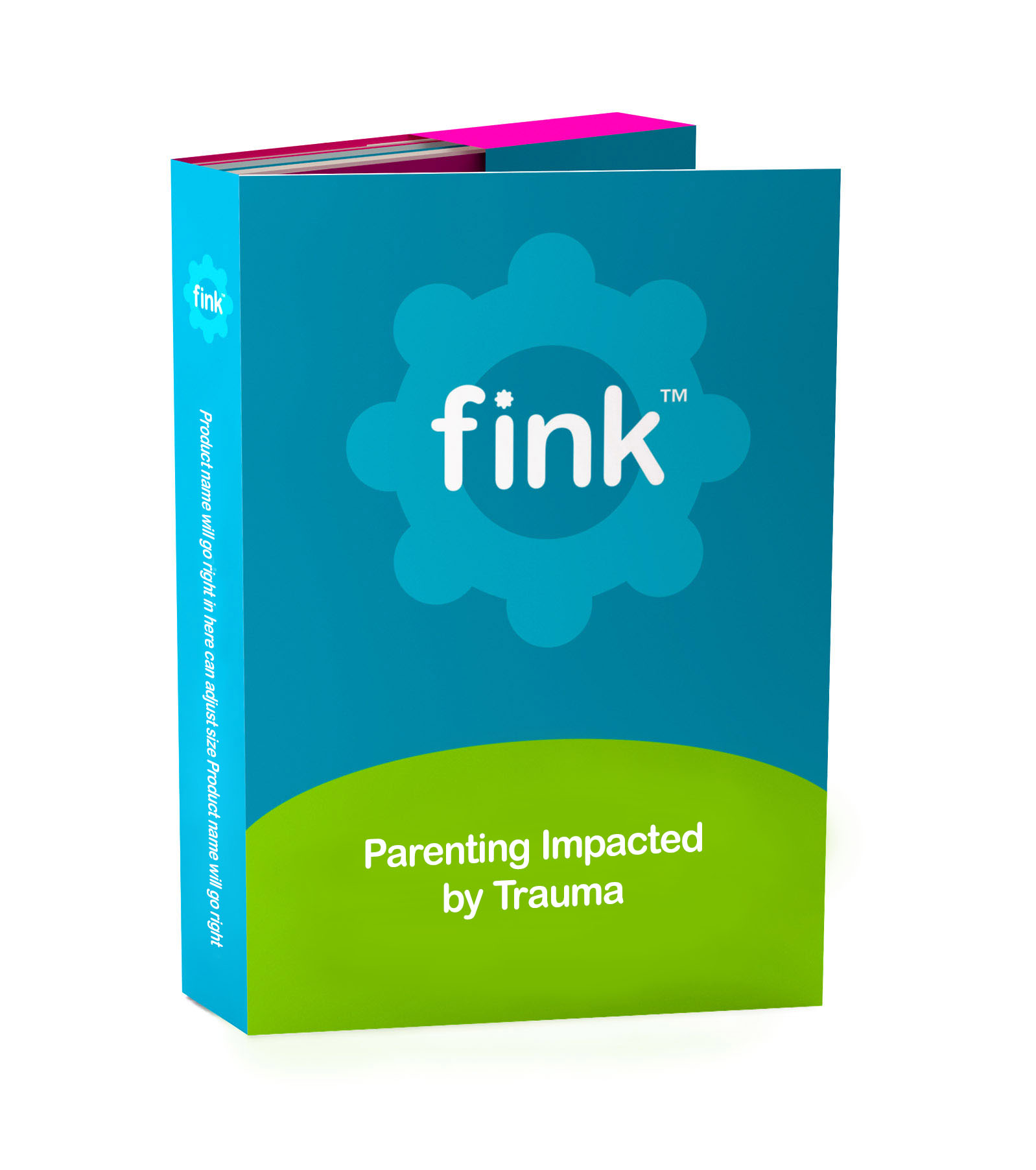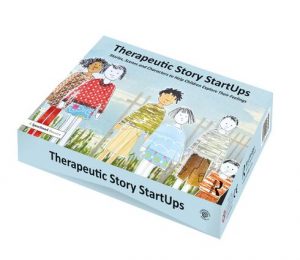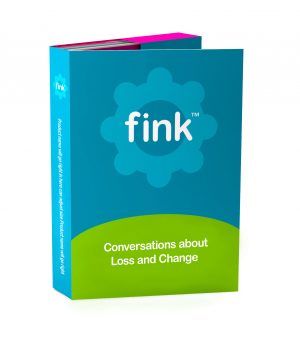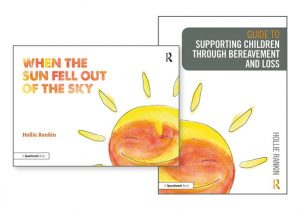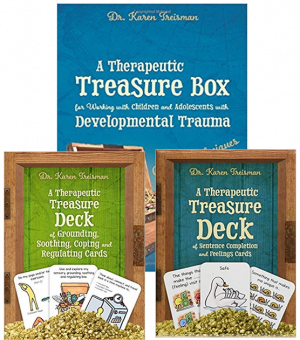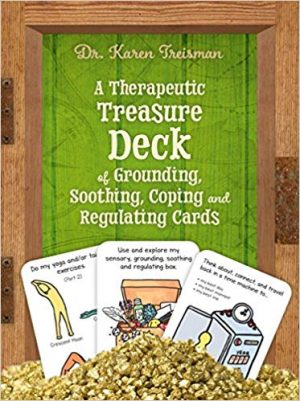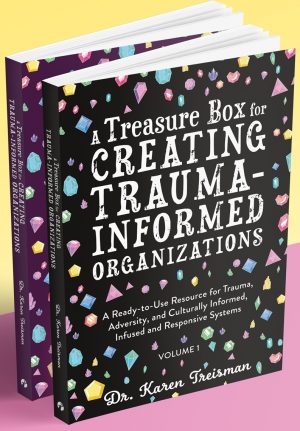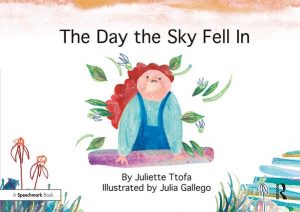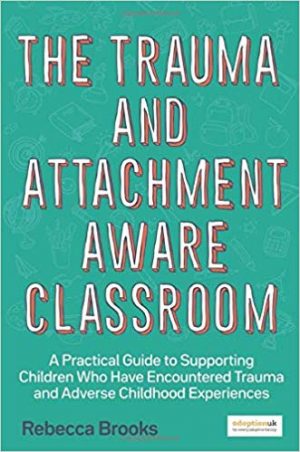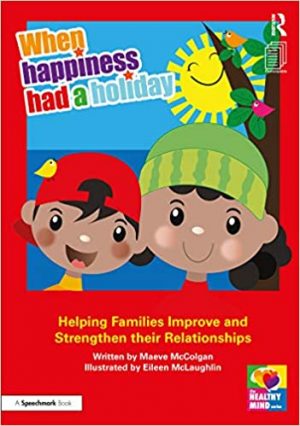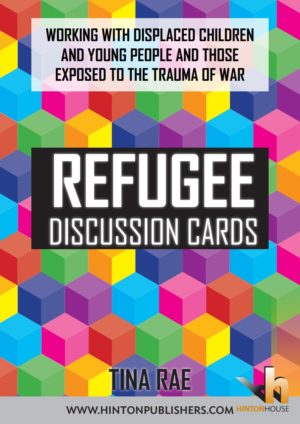Fink Cards – Parenting Impacted by Trauma
£21.00
Many families experience a range of trauma, like domestic abuse or messy, angry break ups.
Families can fall apart through difficulties like angry break-ups and domestic abuse. This can impact the children’s development and well-being and the parent’s ability to be fully emotionally available. The sooner these complex issues are explored through vital conversations the better for the whole family.
48 conversations cards to help parents
- focus on what can make parenting feel so challenging
- have an alternative view of their relationship with their child
- explore the effects of early childhood difficulties/trauma
We tend to think of ‘trauma’ as big one-off tragic events but there is also trauma many families experience every day. This can be the parent’s or child’s experiences of harsh parenting which leave them stressed and distant from each other, or parental mental illness which can make meeting children’s emotional needs difficult.
However, as children’s brains and emotional development are shaped by daily interactions, they will be stressed by exposure to high anxiety, emotional distance, unpredictability or harshness.
Parenting Impacted by Trauma is for front line professionals working with parents. This resource is designed for educational psychologists, social workers, doctors, nurses, early year’s workers, welfare services, children’s centre workers, fostering and adoption support workers, kinship carers, domestic abuse workers, family support and parenting workers, to help
- explore the origins of complex child-parent relationships
- discuss a parent’s earliest influences and how to relate these to current parenting challenges
- look at the impact of trauma on parenting capacity
Written by Jane Evans, who has been working with families with complex needs relating to early childhood trauma for over 2 decades. Jane believes it is important to be able to unpick and understand all the ‘whys’ in child-parent relationships and in parenting. ‘Why does she/he do that to annoy me? Why are they so difficult? Why do I always end up shouting? Why can’t I stay calm?
Related Products
Anger Management
Troubled Children
Troubled Children
Supporting Children Through Loss & When The Sun Fell Out of The Sky
Troubled Children
Troubled Children
Abuse & Domestic Violence
Troubled Children
Troubled Children
HINTON HOUSE PUBLISHERS



